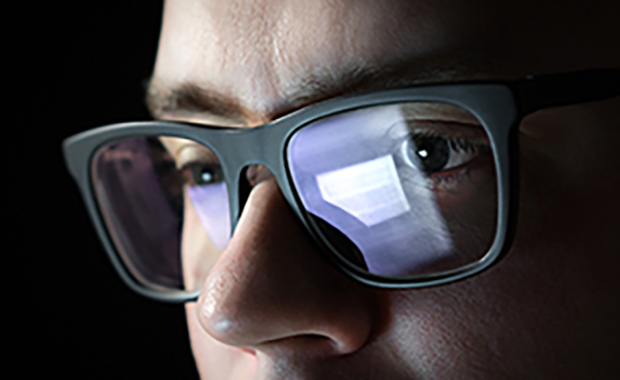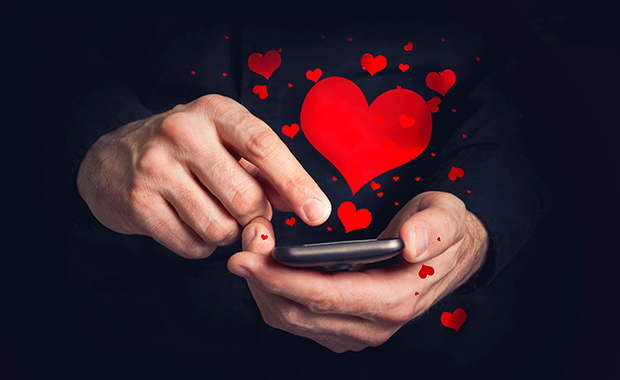Thank you email: How to say thank you meaningfully
We say thank you all the time in person for all kinds of kind gestures. Writing an appreciation email is handy in many professional and personal settings. Have you ever received a thank-you email that made you feel appreciated? We all can enjoy receiving an email that reminds us of Elvis Presley’s famous words, “Thank you, thank you very much.”
more
190 people found this article helpful.
How do I empty my mailbox? A step-by-step guide
It can feel good to get rid of clutter in your home and give everything a deep clean. But what about your email inbox? Is it full of mails you no longer need, using storage space and making it harder to find information that’s actually important?
more
614 people found this article helpful.
mail.com on vacation: Essential cloud & email features for your summer
It’s vacation season, and you may be hitting the open road, heading for the mountains, or packing up for the beach. Wherever your summer plans are taking you, mail.com is the perfect travel companion – from mobile apps to check your email on the road to secure cloud storage for all those vacation selfies.
more
199 people found this article helpful.
Doxing: When your personal data is published online
In a world where a lot of our lives take place online, it can be hard to keep personal information private. This is made painfully clear by the practice of “doxing” – maliciously publishing someone’s personal data online.
more
202 people found this article helpful.
Eight easy ways to keep your phone & data safe when you travel
It seems impossible to imagine traveling without our phones these days. A smartphone lets us capture precious memories, keep in touch with our loved ones, and navigate strange cities. So picture what would happen if your phone was lost, damaged, or stolen in the middle of your trip.
more
481 people found this article helpful.
Emojis, emoticons & smileys: A brief history
It’s hard to imagine our online communications without emojis. They have made the leap from our emails and texts into popular culture, with an emoji movie and their own “holiday”: World Emoji Day on July 17. In honor of this special day, let’s take a look at the history of the emoji and its predecessor, the email emoticon. Plus: How to add emojis to your mail.com emails.
more
172 people found this article helpful.
Summer vacation goes digital: Travel better with the cloud
America is packing its bags: the 2023 vacation season is in full swing. Many people already make their travel plans online, but the internet can also ease many stresses for travelers once they’re on the road.
more
169 people found this article helpful.
What is an electronic signature and how to create yours
Ever needed to sign a legally binding document but you were on vacation? Needed to sign a contract but you were not in the state? Create an electronic signature with tools you are using already! Digitizing your signature will revolutionize your ability when it comes to giving your John Hancock.
more
312 people found this article helpful.
Beware of online romance scams in 2023
Nowadays it’s common for romance to blossom online, with almost one-third of US adults having used a dating website or app. Unfortunately for all the lonely hearts out there, there are also lots of scammers online looking for money rather than love.
more
1,014 people found this article helpful.
What happens when data is hacked? What hackers do with personal data
Have you ever wondered “Would it make a difference if someone hacked my account? I don’t have any secret stuff in there anyway…” Unfortunately, whether it’s your email inbox or a social media account, hackers can do all sorts of dangerous things with the personal data they steal. And the consequences could affect not just you, but your friends and family as well.
more
247 people found this article helpful.








